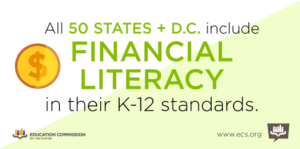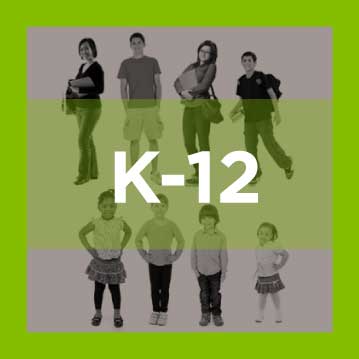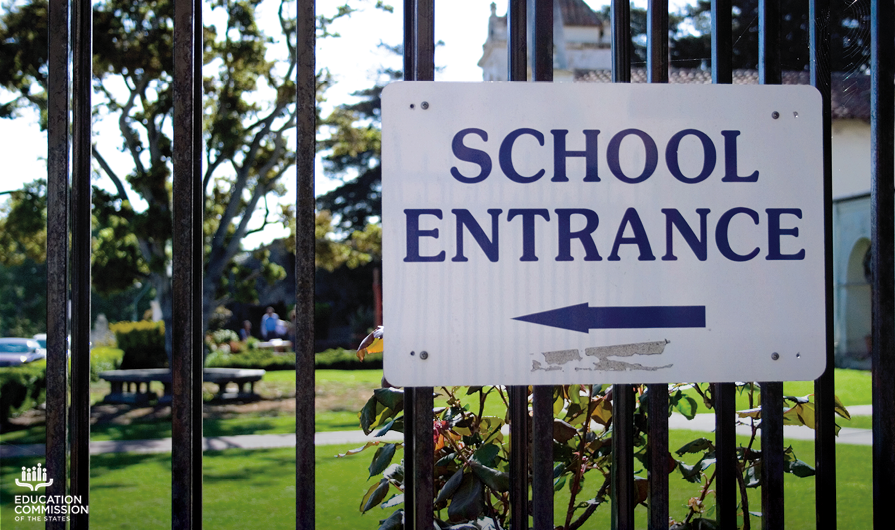One of my favorite elementary school memories was our class trip to Young AmeriTowne, a program put on by the Young Americans Center for Financial Education. Young AmeriTowne is a mini city, where fourth- to sixth-grade students hold jobs, collect paychecks, set budgets, bank and spend. The trip was the culmination of our financial literacy curriculum. It gave us the opportunity to put to good use the weeks we spent learning how to write checks and save money. I was a baker, spending my day heating up and selling cookies, before I got to explore the rest of the town once I got paid. The lessons I learned at Young AmeriTowne and in the classes leading up to that trip shaped how I would think about money for the rest of my life.
In an age where college costs are rising, and students are carrying more student loan debt, financial literacy is even more important. A 2015 study showed that exposure to personal financial education in high school improved credit scores and reduced delinquency for young adults.
 Nationally, efforts to increase or improve financial literacy began about a decade or so ago. In 2003, Congress passed the Fair and Accurate Credit Transactions Act and created the Financial Literacy and Education Commission, a federal commission tasked with increasing financial literacy. Then, in 2006, as interest in financial literacy continued to grow, the National Association of State Boards of Education established a Commission on Financial and Investor Literacy, which sought to reform personal finance education in K-12. And in 2013, the Council for Economic Education (CEE) led a collaborative effort to create the National Standards for Financial Literacy. Shortly thereafter, Florida became the first state to adopt and follow those national standards.
Nationally, efforts to increase or improve financial literacy began about a decade or so ago. In 2003, Congress passed the Fair and Accurate Credit Transactions Act and created the Financial Literacy and Education Commission, a federal commission tasked with increasing financial literacy. Then, in 2006, as interest in financial literacy continued to grow, the National Association of State Boards of Education established a Commission on Financial and Investor Literacy, which sought to reform personal finance education in K-12. And in 2013, the Council for Economic Education (CEE) led a collaborative effort to create the National Standards for Financial Literacy. Shortly thereafter, Florida became the first state to adopt and follow those national standards.
State efforts to require instruction in personal financial education continue to this day. This year, Arizona enacted S.B. 1442, which requires the superintendent of public instruction to establish a State Seal of Personal Finance Proficiency Program to recognize public school students graduating with a high level of proficiency in financial literacy. The bill also allows the state board of education to adopt program requirements and a separate personal finance course required for graduation. Kentucky’s H.B. 132, enacted this year, makes the completion of a financial literacy course a high school graduation requirement (starting with entering freshmen in 2020-21). Similarly, Maryland’s H.B. 921, which failed this year, would have made a financial literacy course a graduation requirement for all high school students.
These efforts are not limited to K-12. For example, Washington S.B. 5100, enacted in 2017, requires postsecondary institutions to provide a financial education workshop for incoming students. Outside of state efforts, a new partnership between the University of Wyoming and state high schools will bring a free Foundations in Personal Finance curriculum to students across the state.
Some organizations have stepped forward to catalog and evaluate state efforts on financial literacy education. In October, the Brookings Institution released a comprehensive review of youth financial education policies and programs — including state standards and requirements, as well as a detailed background on financial literacy education generally. Additionally, Champlain College releases an annual National Report Card, grading states on their efforts to improve financial literacy in schools, and CEE’s Survey of the States is an annual review of economic education in the states that reports on which states’ policies include any of five components of financial education they’ve identified as important.
According to CEE, all 50 states and the District of Columbia include financial literacy somewhere in their K-12 standards. Still, a growing number of states are looking to add financial literacy as a course requirement in K-12 and even at the postsecondary level.










